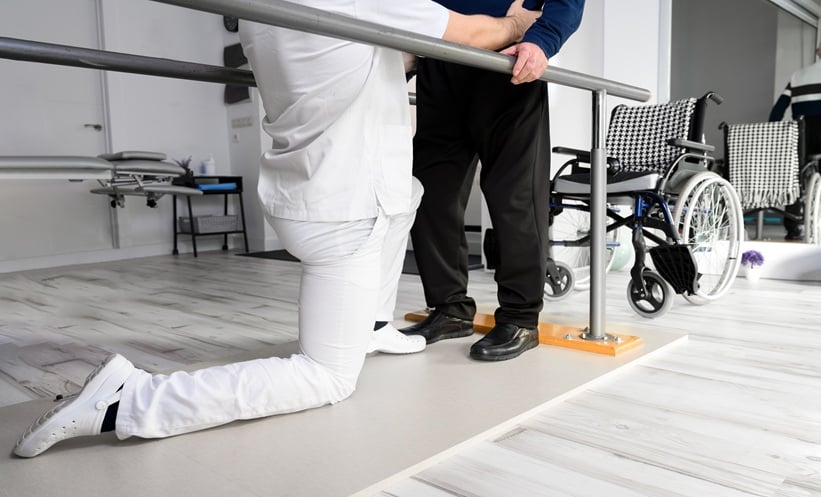Early geriatric assessments in older adults with hip fractures are strongly associated with improved recovery, reduced hospital stays, and lower complication rates, according to a new systematic review. As performance indicators gain traction in hip fracture care, this review explored the role of comprehensive geriatric assessment (CGA) delivered early in the patient pathway.
The review examined 39 studies published between 1992 and 2021, representing data from over 25,000 patients aged 60 and older with hip fractures. These studies included randomized clinical trials, quasi-experimental studies, non-randomized control trials, pre-/post-intervention designs, and retrospective cohort analyses. Despite variability in how CGA was defined and implemented across studies, early geriatric intervention demonstrated consistent benefits.
Notably, 86% of patient-reported outcomes, such as mobility, functional independence, and quality of life, improved with early CGA. Furthermore, hospital-derived clinical outcomes also favored early intervention: 71% showed improvements, including shorter preoperative wait times, fewer postoperative complications, decreased hospital readmissions, and lower mortality rates.
However, the review highlighted a significant limitation, variability in the definitions of “early” and “comprehensive” geriatric assessments. This heterogeneity made it impossible to conduct a meta-analysis and underscores the need for standardization in future studies. Still, the findings suggest that integrating geriatric expertise early in hip fracture care pathways can meaningfully enhance both clinical and functional recovery for older adults.
With hip fractures remaining a major source of morbidity in the aging population, early CGA may represent a high-value target for quality improvement initiatives in U.S. healthcare systems. Better defining and standardizing CGA protocols could pave the way for broader adoption and optimized patient outcomes nationwide.
Reference:
Mazarello Paes V et al. A systematic review of the association between early comprehensive geriatric assessment and outcomes in hip fracture care for older people. Bone Joint J. 2025;107-B(6):595-603.








